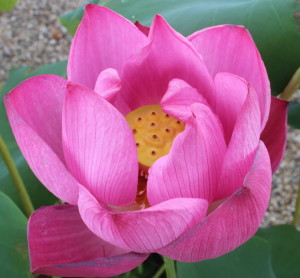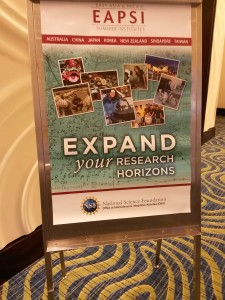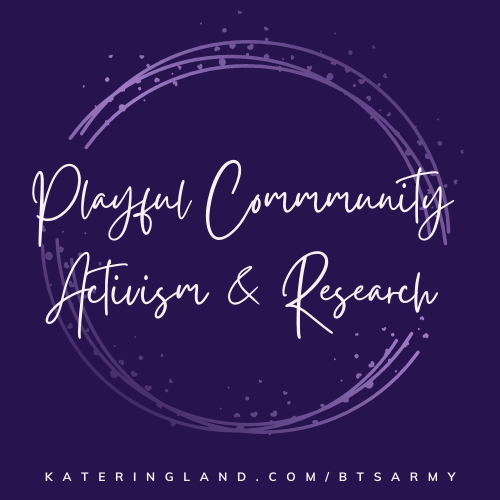I have been getting questions about the EAPSI application process, so I thought I would save everyone some time and write a quick blog post about my experience. I will probably update this as needed (when I think of new things or someone asks me a new question).
Firstly, for those who don’t know what EAPSI is, it is a summer internship opportunity that is funded through the NSF that gives student researchers a chance to conduct research in various Asian/Pacific countries. As an EAPSI 2014 Fellow, I was able to spend 10 weeks in Hiroshima, Japan conducting research at the university there. NSF has a lot of really great information on their website, which I highly encourage you to read through if you are thinking about applying.
As a caveat, my experiences are particular to the Japan EAPSI fellowship. Each country has a different relationship with NSF, differing numbers in terms of applicants they will take, etc. For instance, it is a fact that the countries where the primary language spoken is English have a much lower acceptance rate. The non-English speaking countries, like Japan, have much higher acceptance rate (I heard the number 40% floating around, but can’t verify that).
Now, I’ll present my advice as someone who had their fellowship application accepted.
- You have to have a good idea of who you will be working with in the country of your choice. In face, you will not get accepted as a fellow without a letter of support from that person. What I did for Japan is searches on the web for anyone who might be related to my area. When I didn’t hear back from anyone, I had my advisor send some emails. In the end, I found someone who was not directly in my field, but he was someone who could use my expertise (as someone who can built and evaluate tech). We emailed back and forth several times, while I worked out a potential summer study plan*. SAVE all these emails and attach them to your application. NSF wants proof that you have a working relationship of some kind with your potential host.
- You don’t need international experience, so don’t stress it. It’s more important that for your application that you have a relationship with your potential host researcher (see #1). You also don’t need to be able to speak the language of your country of interest. NSF is more interested in sparking collaboration and giving students a new opportunity.
- Have very clear Intellectual Merit and Broader Impacts categories in your application. If you have applied for the GRFP, then you know how important these categories are. Make sure you have lots of both.
- It needs to be clear that you know how to plan a research project that will take place in the allotted time. You only have 8 or 10 weeks, depending on which country you go to. That’s not very much time at all. Be able to articulate the work you will do leading up to the summer and how you will possibly extend your work (and your new international collaboration) into the future after the summer has finished.
- Look through the slides and handbooks from the NSF EAPSI website. These were super informative for me when I was writing my proposal and application.
Here are the quotes from my IM and BI categories of my proposal:
“Intellectual Merit. The intellectual merit of this project includes an examination of how designing assistive technology can occur in a cross-cultural practice, particularly between Japanese and American researchers. This project will also result in a prototype of an Augmentative and Alternative Communication (AAC) device for Japanese speaking users. In addition, the work from this project will contribute to the development of a framework to facilitate cross-cultural design of assistive technology. I plan on disseminating the results of my proposed work through academic publication at conferences, such as CHI and UBICOMP, and relevant academic journals.
Broader Impacts. This project will ultimately benefit children with ASD, their caregivers, and with which peers they interact. The project will strengthen international ties between USA and Japan as I collaborate with researchers from Hiroshima University. This project will allow me, as an underrepresented student, to gain experience researching internationally. I intend to share this work and experience at conferences, such as the Grace Hopper Celebration of Women in Computing and the Richard Tapia Celebration of Diversity in Computing, aimed at underrepresented students in both graduate and undergraduate school. This will bring awareness of my work to underrepresented groups in computing fields and help draw more women, minority, and students with disabilities to graduate school. I will also keep a blog during my experience in Japan on my personal website. As part of my studies at UCI, I plan to continue to mentor undergraduate students and to continue to develop technologies that can be used to assist children with disabilities.”
*In truth, this plan did not really end up happening due to a lot of different things, which is totally okay and normal. We still did some amazing research.
Additional questions can be left as comments here or emailed to me at kringlan [at] uci [dot] edu.
Hope this was helpful!

 I am happy to announce that our paper, “SensoryPaint: A Multimodal Sensory Intervention for Children with Neurodevelopmental Disorders” has received Best Paper Nomination at
I am happy to announce that our paper, “SensoryPaint: A Multimodal Sensory Intervention for Children with Neurodevelopmental Disorders” has received Best Paper Nomination at 




